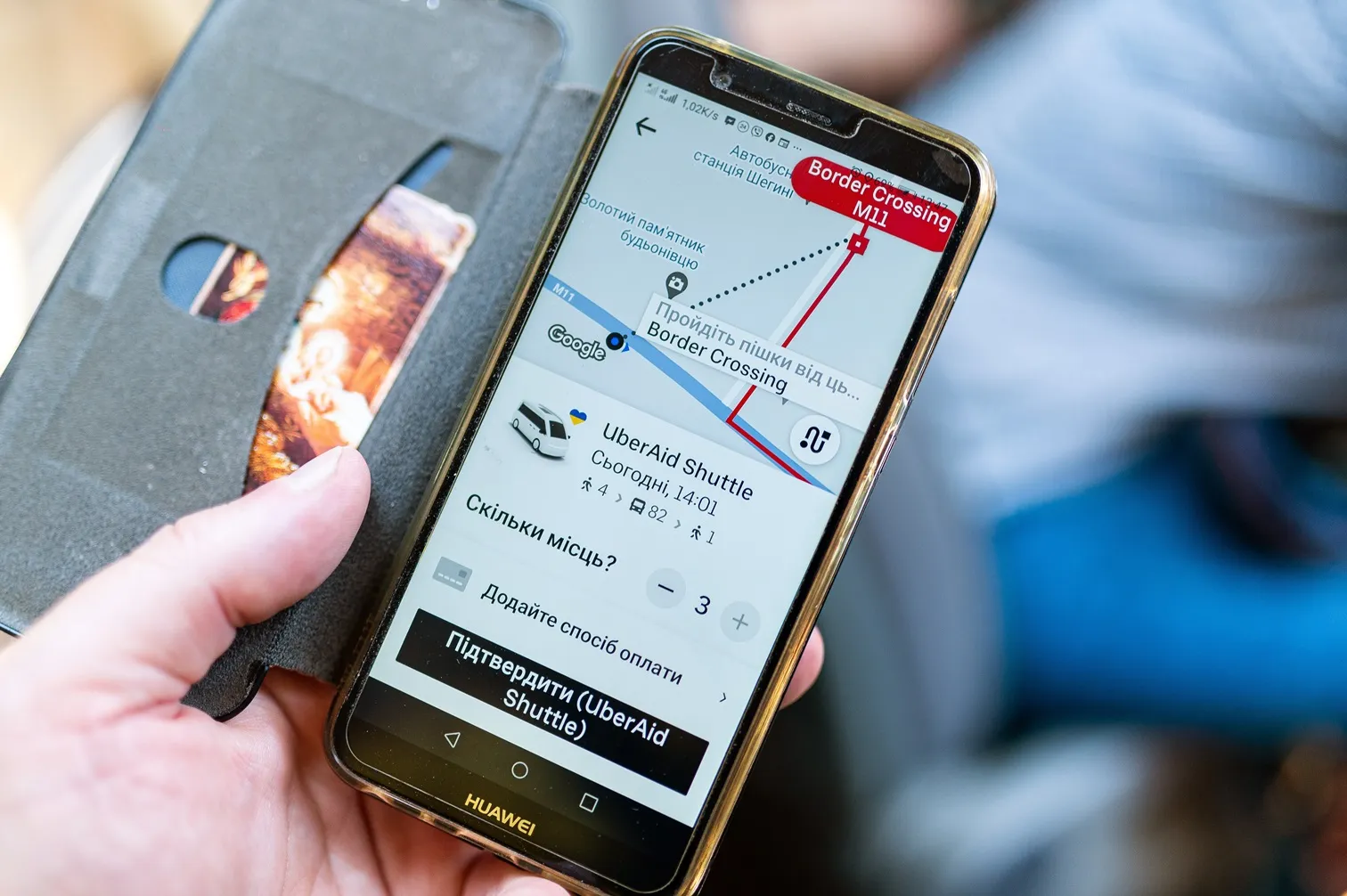Citizens of Chicago have used the
PassportParking is the basic app, while ParkChicago is Passport’s customised version for the city.
ParkChicago users are said to have the option to pay for parking on the go at more than 36,000 on-street parking spaces in the city. In addition, 70 Metra park-and-ride lots along the city’s commuter line have implemented the PassportParking app.
These apps also send alerts and notifications, provide payment history and email receipts at the end of each parking session.
PassportParking is free to download from the App Store or Google Play. Users can manage their parking on the website. [include hyperlink: ppprk.com.]
David Singletary, Passport executive, said: “Towns and villages want to provide the same conveniences of major cities like Chicago. The old way of parking at a commuter lot is time-consuming and outdated. Add Illinois’ often inclement weather to the scenario and it can be uncomfortable and frustrating day after day. The Passport mobile payment system smooth over all of those friction points.”
“As the needs of commuters in Chicago continue to change and grow, the technology options need to align. The PassportParking app provides a much-needed convenience to daily commutes,” added Singletary.










